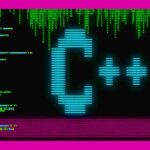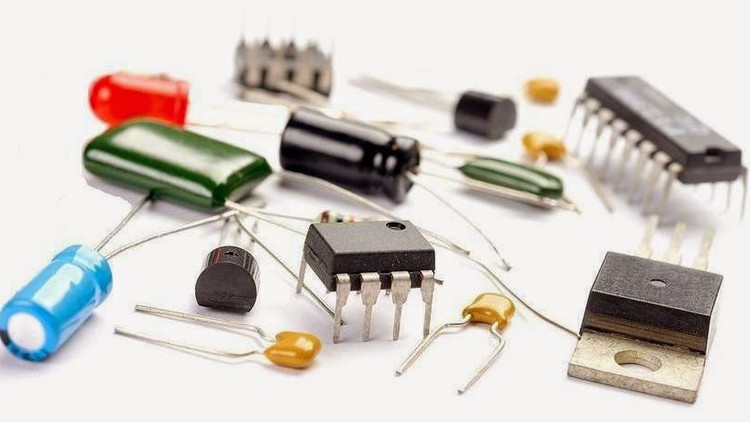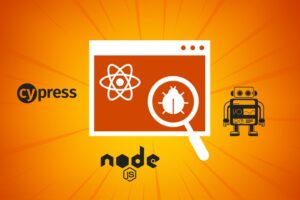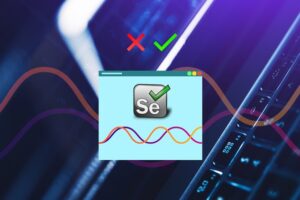Basic Electronics
Basic Electronics
What you’ll learn
Basic Electronics
- Students will learn basic concepts of electronics
Requirements
-
Yes
Description
Basic Electronics comprises the physics, engineering, technology, and applications that deal with the emission, flow, and control of electrons in vacuum and matter. It uses active devices to control electron flow by amplification and rectification, which distinguishes it from classical electrical engineering which uses passive effects such as resistance, capacitance, and inductance to control current flow.
Electronics have had a major effect on the development of modern society. The identification of the electron in 1897, along with the subsequent invention of the vacuum tube which could amplify and rectify small electrical signals, inaugurated the field of electronics and the electron age.
The ability of electronic devices to act as switches makes digital information processing possible. Interconnection technologies such as circuit boards, electronics packaging technology, and other varied forms of communication infrastructure complete circuit functionality and transform the mixed electronic components into a regular working system, called an electronic system; examples are computers or control systems. An electronic system may be a component of another engineered system or a standalone device. As of 2019 most electronic devices use semiconductor components to perform electron control. Electronics deals with electrical circuits that involve active electrical components such as vacuum tubes, transistors, diodes, integrated circuits, optoelectronics, sensors, associated passive electrical components, and interconnection technologies. The nonlinear behavior of active components and their ability to control electron flows makes the amplification of weak signals possible.
The study of semiconductor devices and related technology is considered a branch of solid-state physics, whereas the design and construction of electronic circuits to solve practical problems come under electronics engineering. This article focuses on the engineering aspects of electronics.
Who this course is for:
- Diploma and Graduates students in Electronics and Telecommunications Engineering.











Add Comment